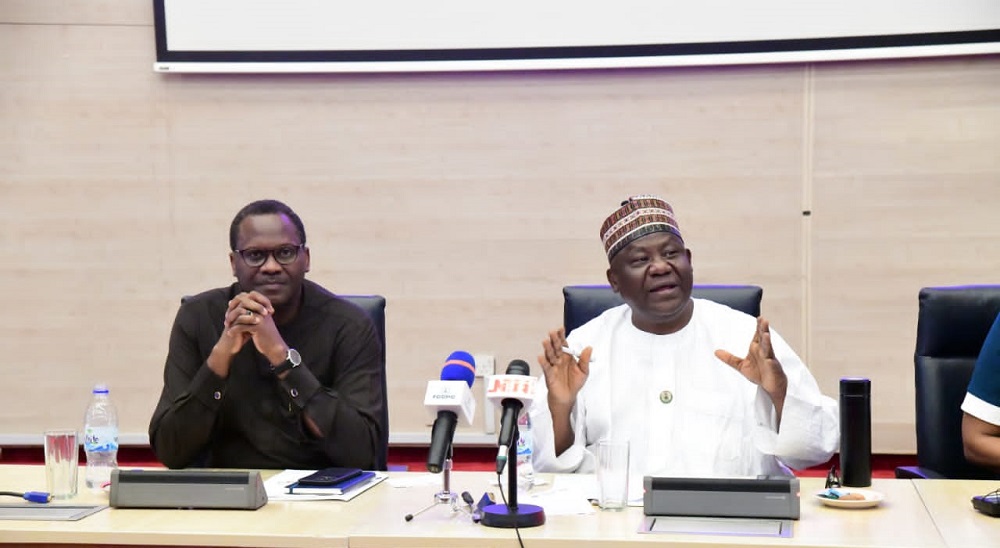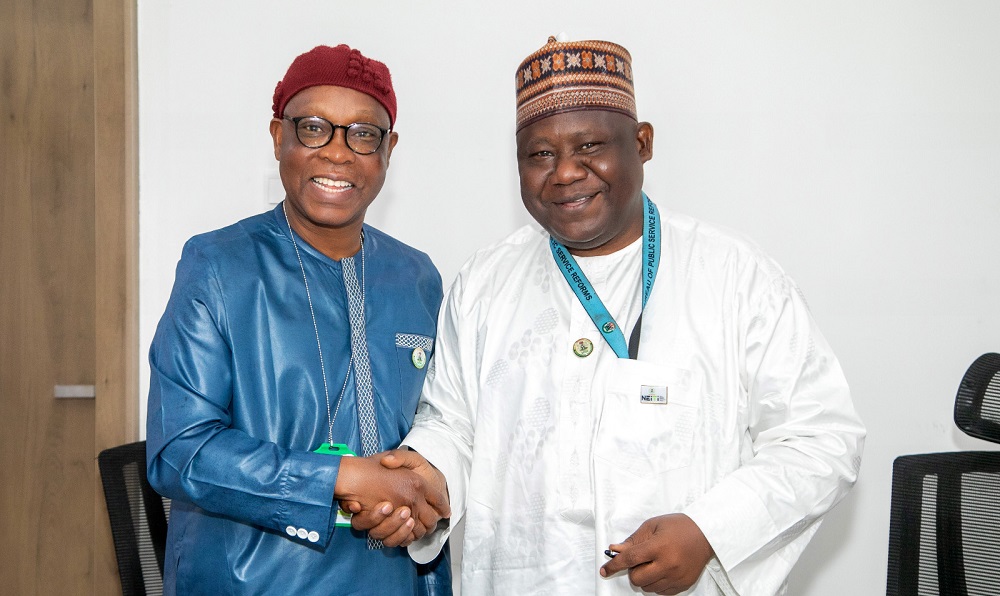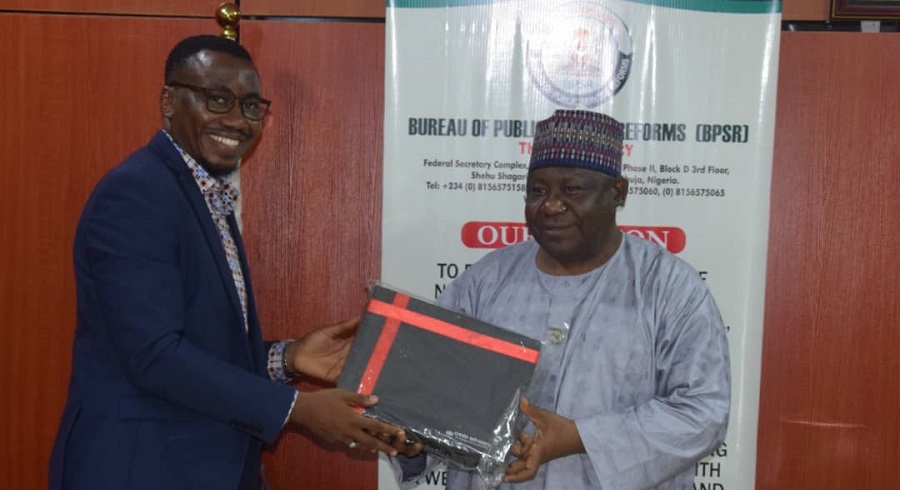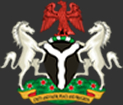GARKI, ABUJA, NIGERIA.
The Bureau of Public Service Reforms (BPSR) has rated Joint Admission and Matriculation Board 70 at the assessment of the deployment of BPSR Self-Assessment Tool (SAT) at the agency.
This, according to BPSR, means the JAMB has exceeded expectations in all essential areas of responsibility and has performed above average and its main organizational goals are met.
BPSR Director-General, Dasuki I. Arabi, gave the assessment at the presentation of summary report on the deployment of the bureau’s SAT tool on Tuesday, March, 2024 held at JAMB headquarters in Abuja.
According to him, “At the end of the self-assessment, the validation assessment and in-depth analysis of JAMB operations, processes and systems, JAMB performance is rated 70% and therefore, emerged a ‘CILVER LEVEL Organization that EXCEEDS EXPECTATION’.
“This means that JAMB performance consistently exceeded expectations in all essential areas of responsibility. The quality of work is above average and main organizational goals are met.
It is imperative to note that the whole process of the assessment was free from both internal and external influences,” Arabi explained.
The BPSR DG also said the bureau deployed the tool at the agency some weeks ago, based on the Federal Government directives, with the overall objective of identifying JAMB’s strengths and weaknesses, as a first step towards ensuring the agency is fit for purpose and optimal performance.
He however gave some recommendations to JAMB based on some observations during the assessment of the deployment of the tool.
Arabi said, “JAMB Governing Board should be reconstituted; It should develop financial manual and accounting systems that comply with Financial Regulations and be regularly reviewed to ensure efficient and reliable financial reporting; JAMB implement a policy for mobilising resources from development partners to support achievement of its strategic objectives
Internal control systems should develop Risk Assessment Guide to provide for an assessment of risks from both internal and external sources.
“JAMB should develop asset management policy to drive annual planning and budgeting for asset maintenance and replacement; JAMB should appropriately utilises modern and up-to-date technology and infrastructure to ensure efficiency and improved productivity; JAMB should have a comprehensive plan for performance management, Dr Arabi recommended.
Earlier, the JAMB Registrer, Prof. Ishaq Oloyede, said the deployment of the tool has revealed a lot of competencies and strengths that the organization has and which they will rely on overtime which could also transform it to greatness.
“I would like to thank your team for finding us worthy and for championing the reforms that are currently going on in the public service.
“I must say that your organization is doing wonderfully well and you need to be commended. With the presence and f this strategic agency, the BPSR, we are indeed achieving this significant milestone for the good of this nation,” Oloyede said.
He also expressed optimism that the current hardship that Nigeria is experiencing is temporary and will soon become history with the measures being put in place by the present administration.
Aliyu Umar A
Head, Strategic Communications (BPSR)
21st March, 2024.




